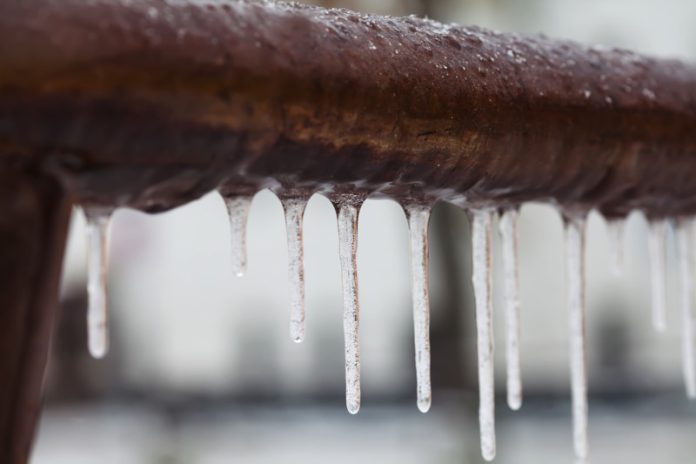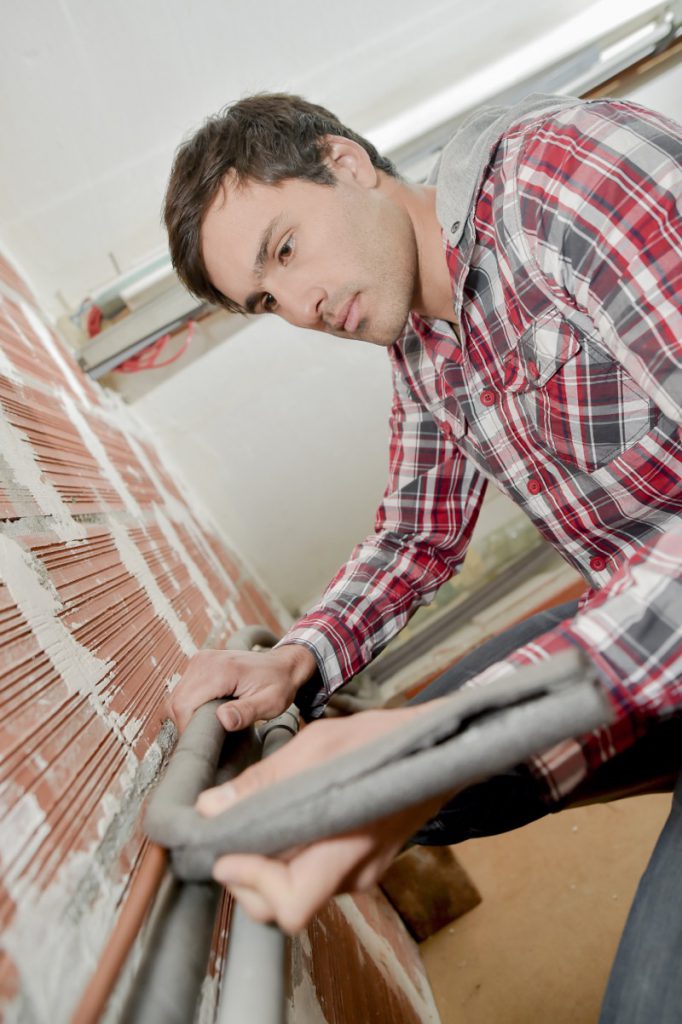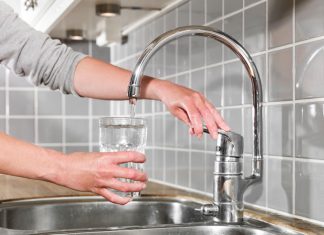
As the weather starts to cool down, expect winter to arrive soon. Aside from the festivities the cold season brings, expect problems along the way if you overlook the necessary measures to protect your home especially if you live in areas with harsh and heavy snowfall.
Water expands once it solidifies or freezes. It can be an issue for concern once it occurs in the plumbing in your home. A frozen pipe is at risk for cracking. Cracked pipes can waste large amounts of water. If you want to keep the plumbing system in your home safe during the winter months, here are several ways to keep your plumbing ready for the winter season.
1. Insulate All Pipes
The pipes in certain parts of your home that lack heating, such as the garage, crawl space, or attic, are said to be prone to freezing temperatures. You can prepare them for the coming winter weather by using a heat cable and wrapping them with insulation.
Remember that the insulation alone isn’t capable of enduring long-term exposure to sub-zero temperatures. With this in mind, combining it with a heat cable is the best way to ensure proper insulation for the pipes.
2. Consult A Plumbing Professional
When you want to ensure the safety of your home during harsh winters, you can talk to a licensed plumber for advice on how to ensure that your home pipes are effectively secured for the cold winter climate.
Although using a heat tape or cable with insulation might be enough, there are instances in which re-routing the pipes might be a suitable solution for your home. Unprotected pipes that run under unheated flooring, well pits, basement, and others may require professional re-routing to which only expert plumbers can accomplish with the help of their tools and experience.
If you want to learn how to keep the plumbing system in your home safe, checking out a reliable plumbing service provider such as Fergusons Plumbing and others would be a good starting point.

3. Turn Off All Outdoor Faucets
Make sure to switch off all outdoor faucets at the shutoff valves during the cold. Don’t forget to open both the faucet and bleeder cap on the shutoff valve to allow any leftover water to drain out of the pipe. If you have a hose attached to the outdoor faucet, drain the water and store them inside.
4. Open The Cabinet Doors In The Kitchen And Bathroom
One way to allow warm air to circulate near the pipes in your home is to open the bathroom or kitchen cabinets. Behind closed cabinet doors, the pipelines inside are at risk of freezing out since warm air can’t reach them.
5. Turn On The Faucets To Allow A Small Stream Of Water
If you’re living in a region that endures frigid weather during the winter period, certain parts of the house can get colder than others. One way to keep your pipes in good shape is to leave the faucet open.
Although most see it as a waste of water that’ll add up on your utility bill, it can save your pipes from freezing and the cost of pipe replacement. Additionally, it also reduces the pressure in case standing water in the pipes freeze.
6. Inspect The Pipes For Leaks
Before winter arrives, you should thoroughly inspect the pipes in your house for any leaks. Make it a priority since even a tiny trickle of water can solidify as hard as ice and cause ruptures and leakages.
Once you notice any signs of a leaking pipe, the best move is to call a professional to inspect the plumbing and carry out the necessary repairs to prolong the life of your plumbing system.
7. Provide Proper Insulation To The Garage Door
When pipes move through your garage, you need to insulate the garage door or the entire space altogether. A combination of heat cables and insulation will work effectively in regulating temperatures and keeping them at conducive levels. In severe winter, you might want to consider placing a portable heater in your garage to keep the area warm most of the time.
8. Keep The Furnace Running
During the cold season, make sure to keep your home warm at all times to prevent the pipes from freezing. In case you’re going away during the holidays during the winter, avoid turning the furnace off. Although there’s no need to leave the furnace in full power, turning it off completely will allow the temperatures to drastically drop. This may endanger your plumbing to possible freezing and rupturing.
9. Switch Off The Water Supply
If you have travel plans to enjoy the holidays in a warmer destination, make sure to switch off the water. It’d be best to drain the pipes since any leftover water might freeze and burst the pipes, resulting in damage to your home and costly repairs.
10. Check The Condition Of Your HVAC Unit
Once your heating, ventilation, and air conditioning (HVAC) unit malfunctions during the winter, your pipes are going to suffer from exposure to freezing temperatures until a professional can carry out repairs. Even before winter arrives, a routine maintenance inspection is crucial to ensure the HVAC system in your home is functioning optimally.
Conclusion
The winter can put the pipes in your home at risk for rupturing. You don’t want to encounter a frozen pipe since it can be an expensive ordeal if it ruptures. If you don’t want the trouble of potential water damage and a costly repair job, make the necessary preparations with the help of these measures to keep all pipes safe from the cold weather.











